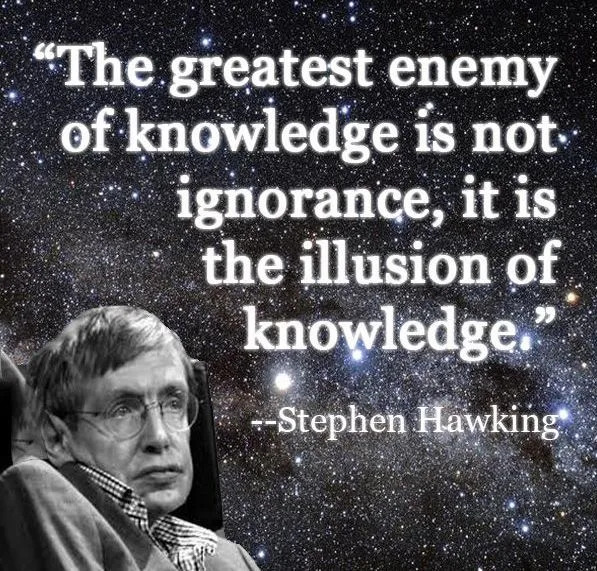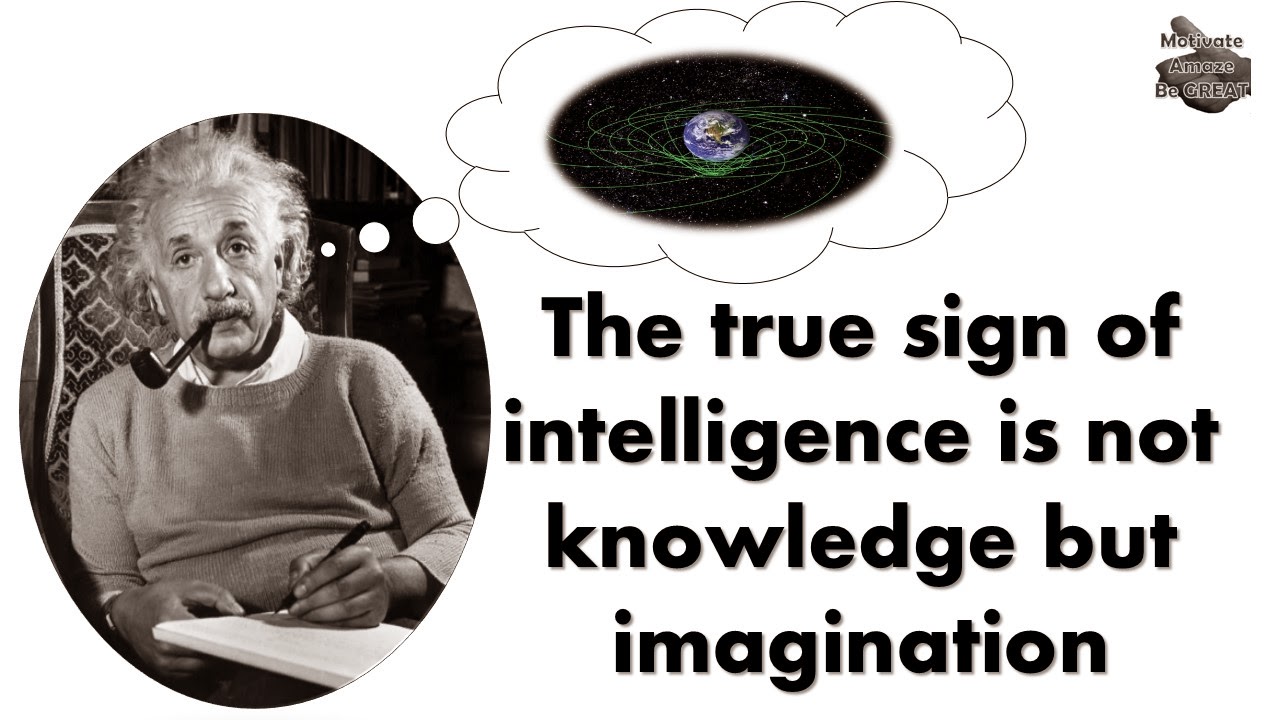Kamizan wrote: ↑January 7th, 2023, 4:56 pm
‘The real question of life after death isn’t whether or not it exists, but even if it does, what problem this really solves.’
Wittgenstein.
Welcome to the forum.
That is a good question, whether Wittgenstein's or yours, so I will try to answer it with another question.
What do we actually know about consciousness, because that is what afterlife actually is -- consciousness after death. This topic has been argued and debated for thousands of years and studied by religions for tens of thousands of years, yet we still know very little.
Most people will tell you that consciousness is thought and it is produced by the brain. They will tell you that science tells us this, but does it? The development of a brain is way down the line of evolution (according to science), and thought appears to come from the brain (according to science), so it is patently obvious that thought, consciousness, and all reality had to initially come from some other brain/mind -- "God's" mind -- so this is a religious idea, not a science idea. Besides religious ideas, this also gives us illusion ideas and solipsism, because everything comes from a brain. I even read one article where the author tried to convince me that the Universe was one big brain because obviously the brain had to come first in order to create everything else.
Not only is the above invalid logic, but it also is impossible. Thought has
no power and can do nothing on its own. Take the greatest thoughts known to man and write them down or store them on a disc and put them in a drawer for a week, or a year or a thousand years. You will find that they do
nothing, they influence
nothing, because they have
no power. Thought is just a product of consciousness, consciousness is awareness -- not thought.
In order to understand consciousness, we first need to explore what it is, which includes thought, and awareness, and also emotion. All life is conscious, but all life does not have a brain, so there is more to consciousness than just a brain and thought. Where does awareness come from? How does it start? What causes it to end? To answer these questions, we need to seriously study the beginning and ending of consciousness, which means studying death.
Gee

